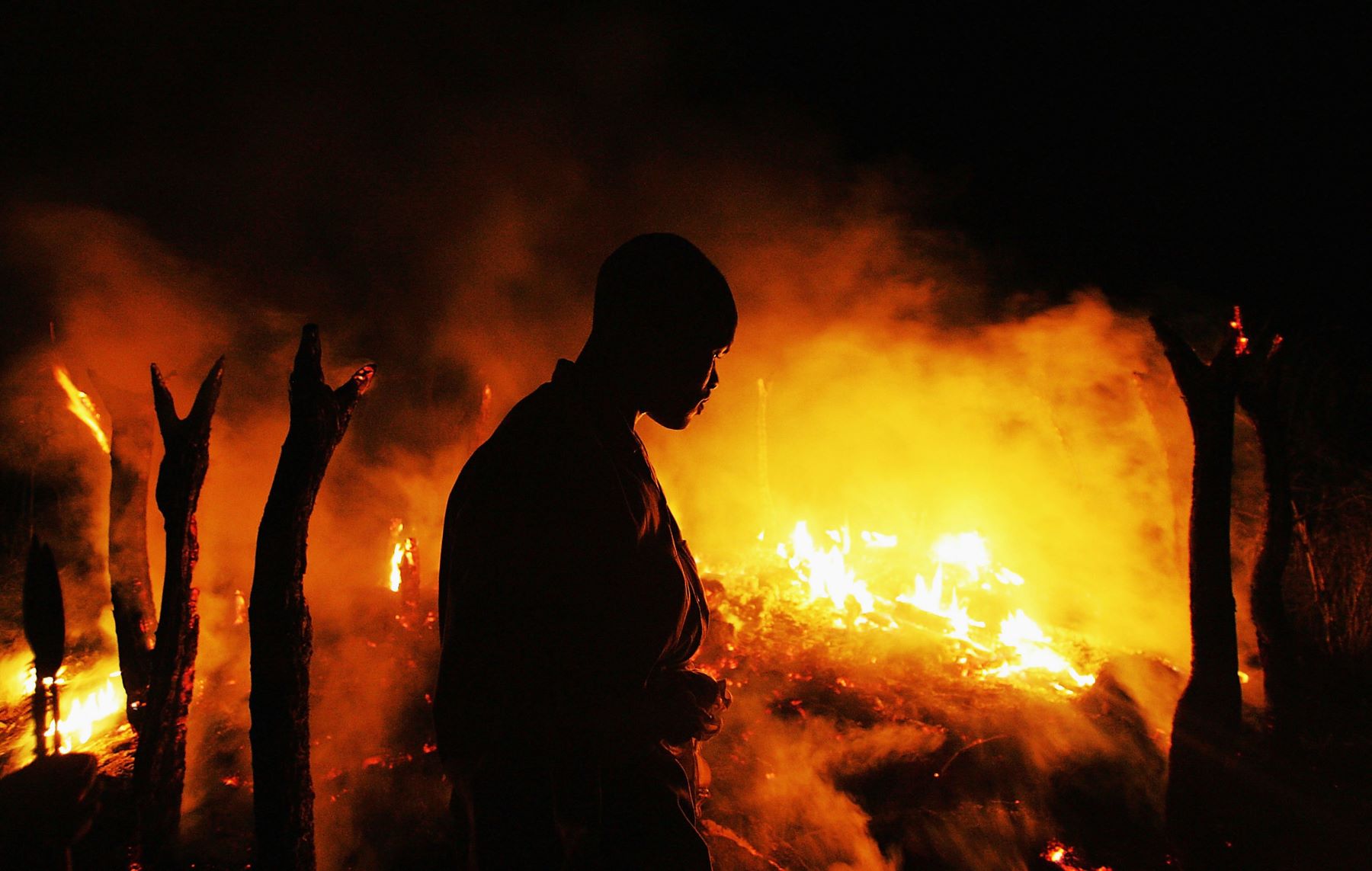By Sarah Jackson
In October 2023, the UN rights body voted to establish a much-needed independent International Fact-Finding Mission on Sudan, yet four months later, it is still woefully underfunded, understaffed, and therefore unable to meaningfully fulfil its mandate.
In the past four months, the situation in Sudan has gone from dire to catastrophic. What began in April 2023 as a conflict between the Sudanese Armed Forces (SAF) and Rapid Support Forces (RSF) – rival security forces fighting for the spoils of the coup they launched together in 2021 – has morphed into a nationwide war pulling in militia and international backers. Over 13,000 people have been killed, including in deliberate and indiscriminate attacks. About 10.7 million people have been displaced by the conflict, the largest internal displacement crisis globally. Some 14 million children – half the country’s children – require humanitarian assistance.
Though over 100 Sudanese, regional and international organizations had called for an international fact-finding mission, it was touch-and-go as to whether the Human Rights Council (HRC) would vote in favour of it. In the end, a resolution was narrowly passed with 19 members voting for it, 16 against and crucially, 12 abstaining.
Impunity is at the heart of Sudan’s current human rights crisis and ending it is central to the country’s future
Sarah Jackson, Amnesty’s Deputy Regional Director for East & Southern Africa
Impunity is at the heart of Sudan’s current human rights crisis and ending it is central to the country’s future. With a mandate to investigate human rights and international humanitarian law violations, preserve evidence for future legal proceedings, and focus on the most concerning human rights and humanitarian situations, the international fact-finding mission has a critical role to play in delivering justice.
By now it should be fully staffed and running. Although it has three Commissioners in place, it has not been able to fill any of its 17 staff positions, including investigators, because of a UN hiring freeze stemming from a cash crunch in the UN system as a result of delayed or non-payment of dues by certain states. Without sufficient hands-on deck, the international fact-finding mission will struggle to carry out meaningful investigations.
The clock is ticking, as the mission’s term ends later this year, with no guarantee of renewal. Moreover, violations are ongoing, and evidence may be destroyed. Even ongoing violations bring no guarantee of a mandate extension. The operations of the HRC-mandated International Commission of Human Rights Experts on Ethiopia (ICHREE) were not extended despite its warning of “acute risk of further atrocities”.
While not new, UN’s liquidity crisis is worsening. According to the UN Secretary-General, the UN faced arrears of $859 million at the end of 2023, up from $330 million in 2022, marking the highest level of arrears ever. This coincides with the lowest number of states paying their dues in full in the last five years. Underfunding means crucial decisions and agreed mandates cannot be implemented, undermining the work, values and purpose of the UN system as a whole.
In addition, the UN Security Council’s (UNSC) ability to take effective action on various conflicts continues to be hobbled by permanent Council members using their veto power to protect allies to the detriment of international norms, standards and principles. The recent selective use and instrumentalization of human rights is painfully overt with the USA’s position on Gaza and Russia’s position on Ukraine.
Lacklustre responses to Sudan’s conflict today are mired in these obstacles to norms-based multilateralism. The ambivalence we see to the situation in Sudan today contrasts sharply with the response to conflict in Darfur which began in 2003, and spurred robust UNSC engagement, a Chapter VII peacekeeping mission, an arms embargo on Darfur (still in place, though not fully enforced), Sudan’s referral to the International Criminal Court and the African Union’s establishment of a High-Level Panel led by former South African President Mbeki.
This time round, the International Fact-Finding Mission for Sudan is one of the only concrete steps to address the country’s conflict and must be set up for success.
Sarah Jackson
This time round, the International Fact-Finding Mission for Sudan is one of the only concrete steps to address the country’s conflict and must be set up for success. The mission can preserve evidence and identify suspected perpetrators, leaving pathways to justice for victims and survivors open. As importantly, perhaps, the fact-finding mission’s reporting can reveal the magnitude of the human rights catastrophe unfolding in Sudan and galvanize momentum to resolve it.
With increasing pushback on human rights mechanisms, the International Fact-Finding Mission for Sudan’s creation was nothing short of a triumph, but the failure to staff it, undermined it from the beginning and must be remedied before it is too late
Sarah Jackson
With increasing pushback on human rights mechanisms, the International Fact-Finding Mission for Sudan’s creation was nothing short of a triumph, but the failure to staff it, undermined it from the beginning and must be remedied before it is too late.
Sarah Jackson is Amnesty International’s Deputy Regional Director for East and Southern Africa
This opinion piece first ran in South Africa’s Mail and Guardian.
Top image: A Sudanese rebel fighter from the Justice and Equality Movement (JEM) sombrely watches the abandoned village of Chero Kasi burn less than an hour after Janjaweed militiamen set it ablaze in the violence plagued Darfur region September 7, 2004. Photo by Scott Nelson/Getty Images.






















